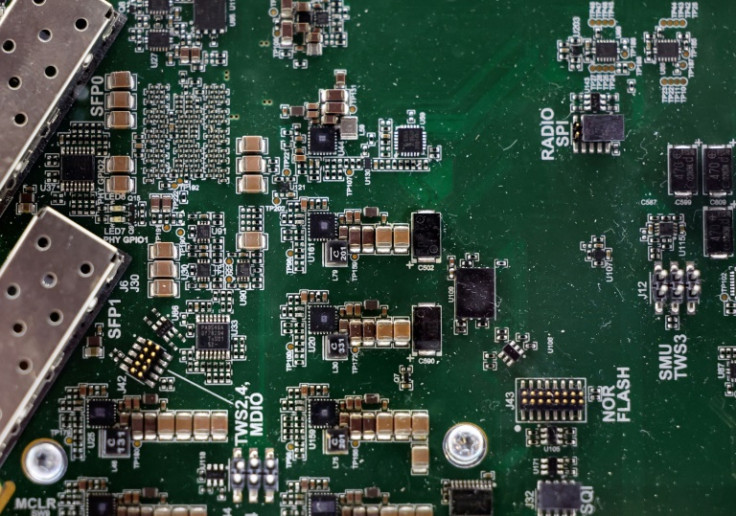Biden Administration Kicks Off Computer-Chip Workforce Program To Fight Labor Shortage

The Biden administration has started a program that will be cultivating the computer-chip workforce in the U.S., in order to help arrest a shortage in skilled labor, which poses a threat to local semiconductor businesses in the country.
The program, which was referred to as a workforce partner alliance, will be using a part of the funding that was earmarked for the establishment of a new National Semiconductor Technology Center. Out of the $5 billion federal funding, roughly 10 workforce development projects are set to be awarded by the NSTC with budgets between $500,000 to $2 million.
In the coming months, the NSTC will also be launching additional application processes. Officials will determine the amount that will be spent the moment that they already have all the proposals and have been considered, Bloomberg reported.
The money for the computer chip program will come from the 2022 Chips and Science Act, a law that allocated $39 billion worth of grants aimed to give US chipmaking a boost. It also set aside $11 billion for research and development on semiconductors, including the NSTC.
Different firms have already pledged to put in more than 10 times the amount, responding to the incentives that they will also be getting. The law has established the first kind of precedent in terms of a legislation that is solely focused on funding opportunities for the American workforce.
Prior to the enactment of the Chips Law, industry leaders and government officials warned that new factories may not sustain production if there is no substantial investment in labor. There were those who gave a dreary estimate of labor shortage in the U.S.
One example is a projection of being short by 90,000 technicians by 2030, when the time comes that the U.S. would want to produce at least 20% of the most advanced chips in the world.
Michael Barnes, senior manager of workforce development programs at Natcast, which was the non-profit organization that was established mainly to run NSTC, emphasized on the need to develop a semiconductor workforce ecosystem. He said that this was in order to support the anticipated growth that will be seen coming from the chips industry.
From the time that Biden signed the Chips Act in 2022, there were already more than 50 community colleges that have either expanded or added new semiconductor-related programs. The four biggest awards from the Chips Act went to Intel Corp., Micron Technology Inc., Samsung Electronics and Taiwan Semiconductor Manufacturing Co. Each of the four companies would have a $40 to $50 million in funding for its dedicated workforce.
Fortune reported that the Commerce Department has announced almost $30 billion in grants and and added $25 billion in loans to primary chip manufacturers.
© Copyright IBTimes 2024. All rights reserved.






















